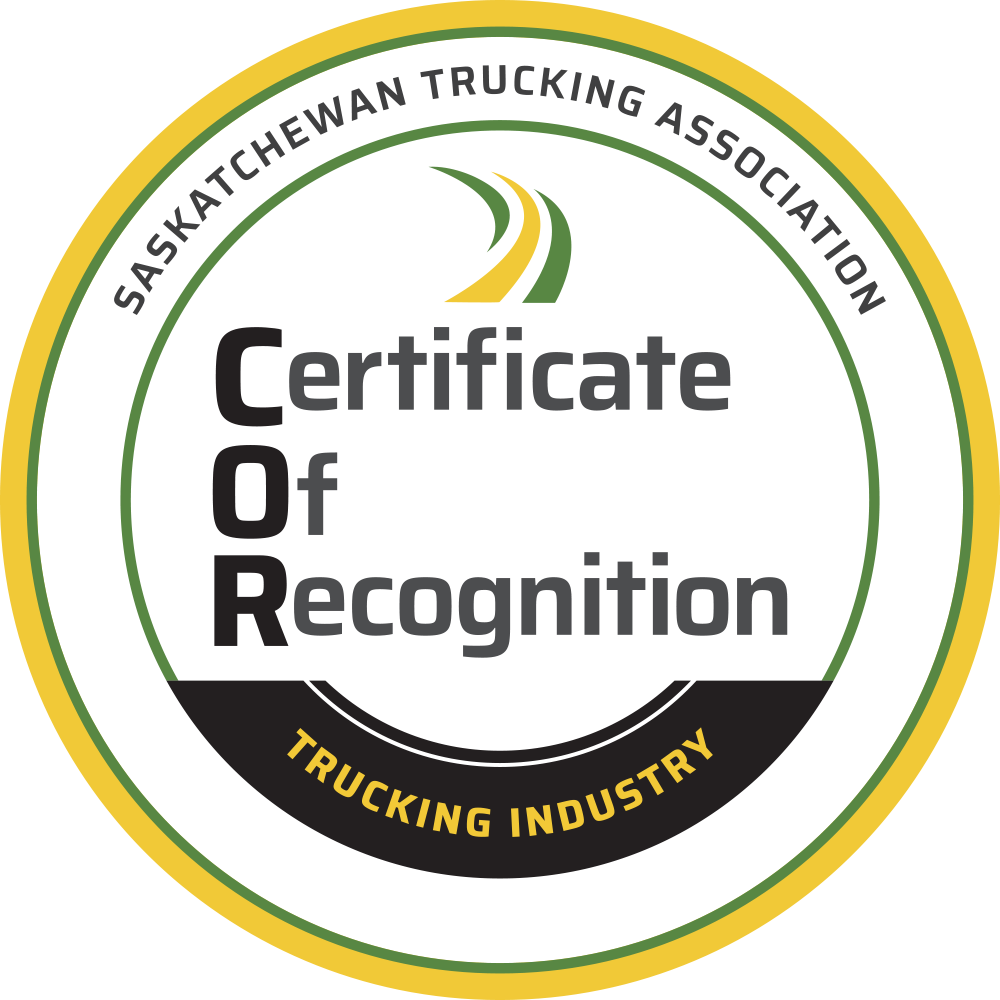
CTA Offers Guidance to Premiers in Dealing with Potential US Tariff Threat
January 15, 2025
A trade war launched by the United States against Canada would be devastating to a trucking sector already mired in an economic downturn, says the Canadian Trucking Alliance.

“When you look at the top exported commodities, outside of oil and gas, the majority of all Canada-US trade moves by truck. If the United States begins to target certain commodities with tariffs, most of which move by truck, this will significantly impact the viability of carriers servicing these areas of the supply chain,” said CTA president Stephen Laskowski.
Today’s announcement by the premiers and prime minister reflected Canada’s plan to try and work out a resolution that would avoid tariffs, while also preparing for contingencies in the event tariffs are implemented.
After meeting today, the premiers and the prime minister stated that all measures in response to potential tariffs would be on the table, but it was difficult to respond to a threat without knowing it will occur and what products tariffs would apply to. The political leaders were united in their belief that no one region should unduly suffer because of a tariff war, but were also open about how that situation should be best addressed.
“Just as during the COVID crisis, the Canadian Trucking Alliance (CTA) will provide input and assistance in the design of tax and program measures to assist carriers through this potential economic crisis,” said Laskowski. “As a country, we need to also urgently act on long term tax and competitiveness measures that can make our sector and the sectors we serve more resilient and competitive. These include items like accelerated CCA rates, changes to corporate and personal taxes, along with reviewing and changing measures that have been introduced which make us less competitive in a global market.”
Canadian exports to the U.S. in 2024 included many critical goods and services, the majority of which were moved by the trucking sector in Canada, including:
- Motor vehicle engines and motor vehicle parts: $19.4 billion
- Passenger cars and light trucks: $17.1 billion
- Farm, fishing and intermediary food products: $17.4 billion
- Basic and industrial chemical, plastic and rubber products: $15.1 billion
- Forestry products, building and packaging materials: $10.7 billion
- Fertilizers, pesticides and other chemical products: $2.1 billion
- Refined petroleum energy products: $1.1 billion
Do you need a solution to reduce your work place injuries & illnesses?
Trucking Industry Certificate of Recognition
Are you looking to provide your employees with new skills? Is having a safe and employee-friendly workplace part of your company culture? The Trucking Industry Certificate of Recognition (CoR) is an industry-evaluated health & safety program recognized by the WCB and Work Safe Saskatchewan.



